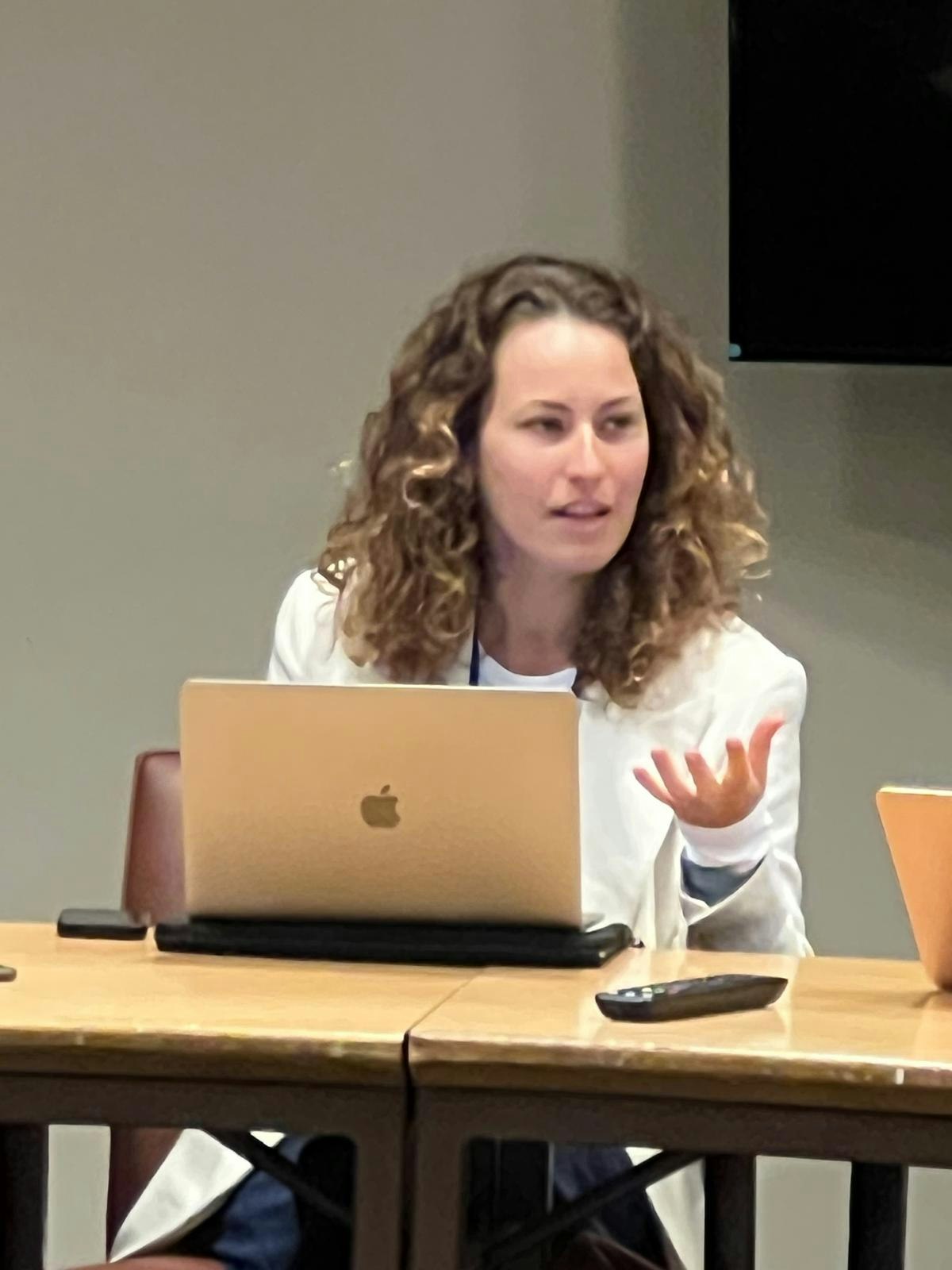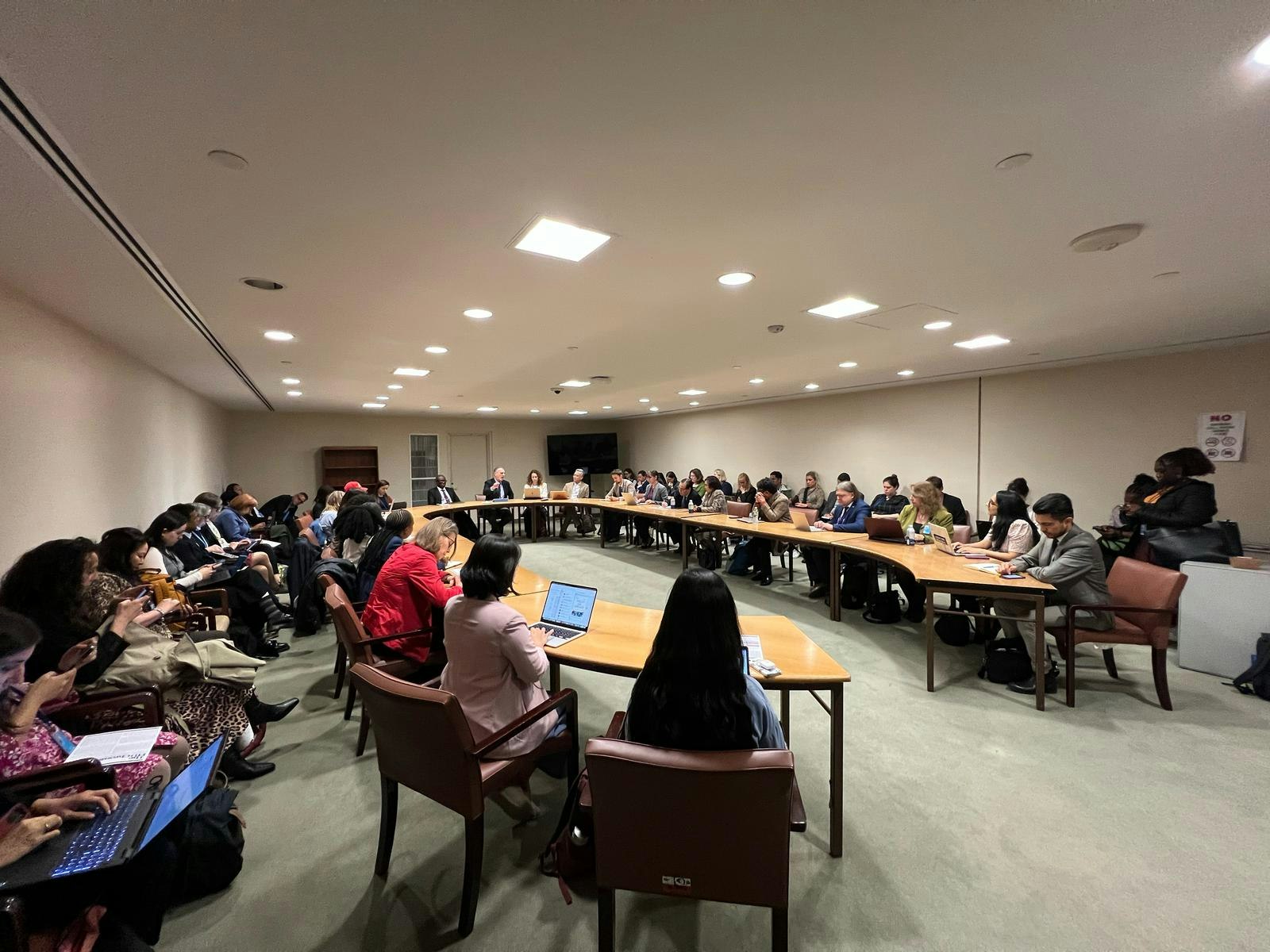FfD4: The unique opportunity for a meaningful reform of the international public finance architecture
Date: April 28, 2025 Time: 1:15 - 2:30pm Venue: CR- D, UN Headquarters, NY

A decade since the World Bank’s “From Billions to Trillions” proposition, and the Addis Ababa Action Agenda, the development finance and geopolitical landscape has changed significantly. Global South countries face tremendous policy and fiscal space challenges, while the promised trillions of private finance did not materialize. Turns to unilateralism in the global North undermine prospects of international cooperation. In this challenging context, it is imperative for FfD4 to highlight the potentially transformative developmental and regulatory role of the state, which can mobilize sustainable financial resources to fund national development strategies without transferring risks from the private sector to taxpayers and the public purse. It can also be a point of unity around which global South countries can discuss common policy proposals to address their needs and re-balance the current colonial dynamics in the international finance architecture.
The current international public finance architecture is failing to provide necessary resources for countries to finance their developmental needs. According to the prevailing narrative, public finance is inherently insufficient and thus requires private finance to advance sustainable development. Most rich countries that dominate decision-making on aid flows through the OECD Development Assistance Committee and Multilateral Development Banks (MDBs) have supported the increasing use of scarce concessional finance to leverage private finance. The 2023 adoption of new rules for the reporting of Official Development Assistance allowing for private sector instruments to count as aid is also an example of this trend. This approach promoted by both rich countries and MDBs, however, raises many concerns on unequal benefits, unintended consequences, measurement, and regulation.
A reform that democratises decision making on international development cooperation is urgently needed. FfD4 presents a key opportunity to advance on that. It is imperative to curtail the dominance of private finance as a silver-bullet for solving development challenges and reclaim ODA and development finance flows for the sustainable development of the global South. This might include a discussion on the corporate capture of global governance and the development agenda as well as conversations to establish UN-led intergovernmental processes towards both inclusive, accountable, and development oriented IFIs/MDBs and, a process towards establishing a Convention on International Development Cooperation, with measurable, time-bound, and enforceable indicators that allow for the fulfilment of the trillions in unmet aid debt owed to the Global South across the decades.
Format: As part of the 2025 ECOSOC Forum, this side event was held featuring a dynamic roundtable discussion with expert speakers offering concise inputs drawn from their first-hand experience with governance arrangements in development finance.
The discussion provided valuable insights into pathways toward a more equitable international public finance architecture. Participants explored a range of approaches — from strengthening the regulatory and developmental role of States to concrete proposals such as a Convention on International Development Cooperation and the establishment of a UN intergovernmental process to review and reform the governance and mandates of International Financial Institutions (IFIs) and Multilateral Development Banks (MDBs).
The roundtable fostered a rich exchange of perspectives, contributing to the broader dialogue on global development finance reform.


